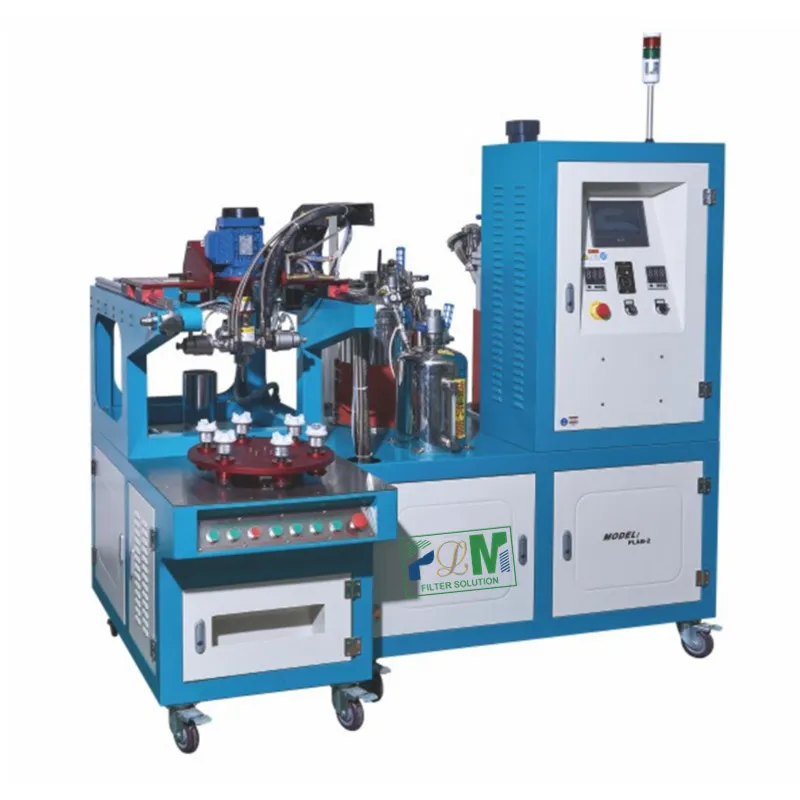Jul . 30, 2024 19:58 Back to list
Wood Pulp Filter Paper Roll Price List for Tea Bags and Packaging Solutions
The Evolution of Wood Pulp Filter Tea Bag Paper Roll Pricing Trends and Market Insights
In recent years, the demand for eco-friendly products has surged, and the tea industry is no exception. One of the pivotal elements in the production of tea is the packaging, specifically the materials used to create tea bags. Among these, wood pulp filter paper has emerged as a popular choice due to its biodegradability and excellent filtration properties. In this article, we explore the wood pulp filter tea bag paper roll and its pricing trends in the market.
What is Wood Pulp Filter Paper?
Wood pulp filter paper is derived from the fibers of wood, typically sourced from responsibly managed forests. This paper is designed to allow water to permeate while retaining fine tea particles, ensuring a smooth brewing process. The use of wood pulp not only enhances the quality of the brewed tea but also aligns with sustainability practices, making it a preferred option for many tea manufacturers.
Factors Influencing Pricing
1. Material Costs The price of wood pulp is subject to fluctuations based on market conditions, including demand and supply dynamics in the pulp and paper industry. For instance, an increase in demand for sustainable products often leads to higher wood pulp prices, subsequently affecting the cost of tea bag paper.
2. Production Techniques The technology and processes used to manufacture wood pulp filter paper can vary greatly. Advanced production methods that focus on energy efficiency and waste reduction can elevate costs, but they can also result in a higher-quality product that attracts consumers willing to pay a premium.
wood pulp filter tea bag paper roll pricelist

3. Market Segment There are different tiers in the tea market, from premium brands offering organic or specialty teas to mass-market brands. Wood pulp filter tea bag paper used in high-end tea brands may be priced higher due to added features like enhanced durability or specific certifications, such as being chlorine-free or compostable.
4. Logistics and Distribution Shipping costs and logistics play a critical role in the final price of wood pulp filter tea bag paper rolls. As globalization facilitates international trade, manufacturers are affected by fuel prices, tariffs, and trade agreements, all of which can impact the bottom line.
Current Pricing Trends
As of late 2023, the price of wood pulp filter tea bag paper rolls varies based on quality and quantity. Generally, wholesale prices for these products can range from $1.50 to $3.00 per roll, depending on the thickness, size, and supplier. With the increasing consumer preference for sustainable products, companies that focus on eco-friendly packaging are experiencing a growing customer base, allowing them to maintain competitive pricing while reinforcing their commitment to sustainability.
Moreover, market research suggests that companies that invest in transparency about their sourcing and manufacturing processes often command higher prices. Consumers are willing to pay more for products that align with their ecological values, making this an advantageous strategy for manufacturers.
Conclusion
The wood pulp filter tea bag paper roll market reflects broader trends in sustainability and consumer preference for eco-friendly products. Pricing is influenced by a myriad of factors, including raw material costs, production techniques, and market positioning. As the demand for sustainable packaging solutions continues to rise, players in the tea industry must adapt to these changing dynamics. Understanding the nuances of pricing and the factors that contribute to it can empower manufacturers to not only remain competitive but also contribute meaningfully to environmental conservation efforts. In the ever-evolving tea market, wood pulp filter tea bag paper stands out as a symbol of innovation and sustainability, appealing to both businesses and conscious consumers alike.
-
Cheap PLJY109-500 Full-Auto HDAF Expanded Mesh Spiral Coiling Machine - High Efficiency & Quality Manufacturer
NewsJul.08,2025
-
Best PLHJ-6 Full-Auto Eco Filter Rotary Heat Plating Machine - High Efficiency & Eco-Friendly Solution
NewsJul.08,2025
-
High-Efficiency Paper Pleating Machine for Filters Trusted Filter Paper Pleating Machine Company
NewsJul.07,2025
-
High-Performance Oil Filter for Cadillac ATS – Reliable Engine Protection Solutions
NewsJul.07,2025
-
High Quality PU Glue for Filters – Reliable Filter Glue Supplier & Exporter Get PU Glue Quotes Now
NewsJul.07,2025
-
China PLJL-4 Seal Leakage Tester for Spin-On Filter - High-Precision Multi-Station Testing Solutions
NewsJul.06,2025
